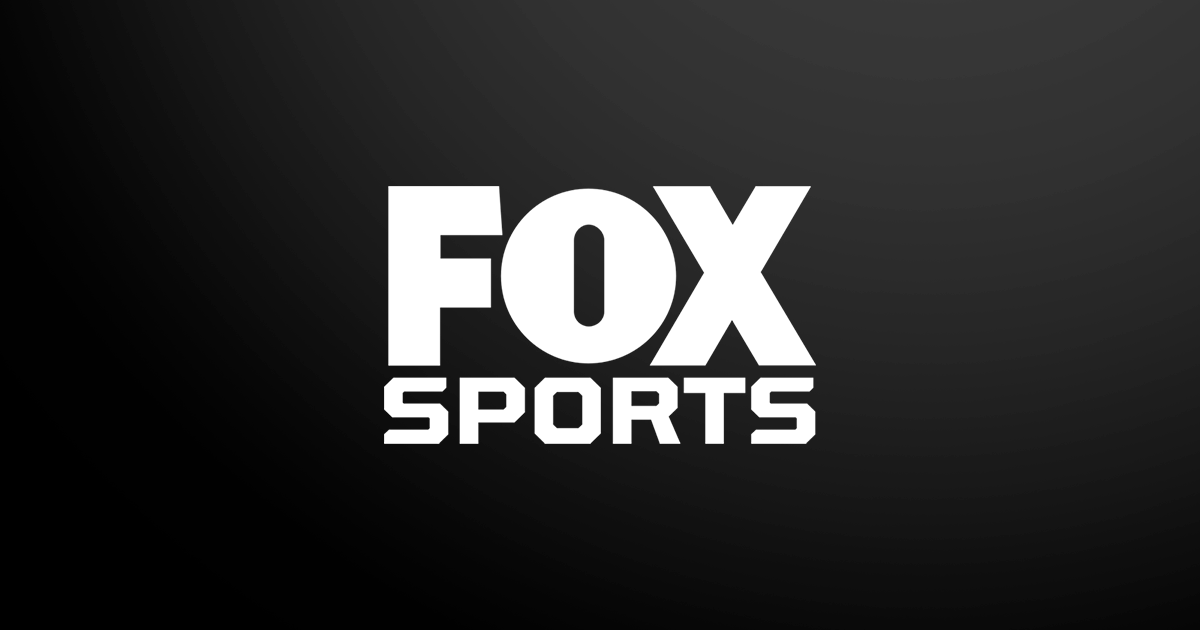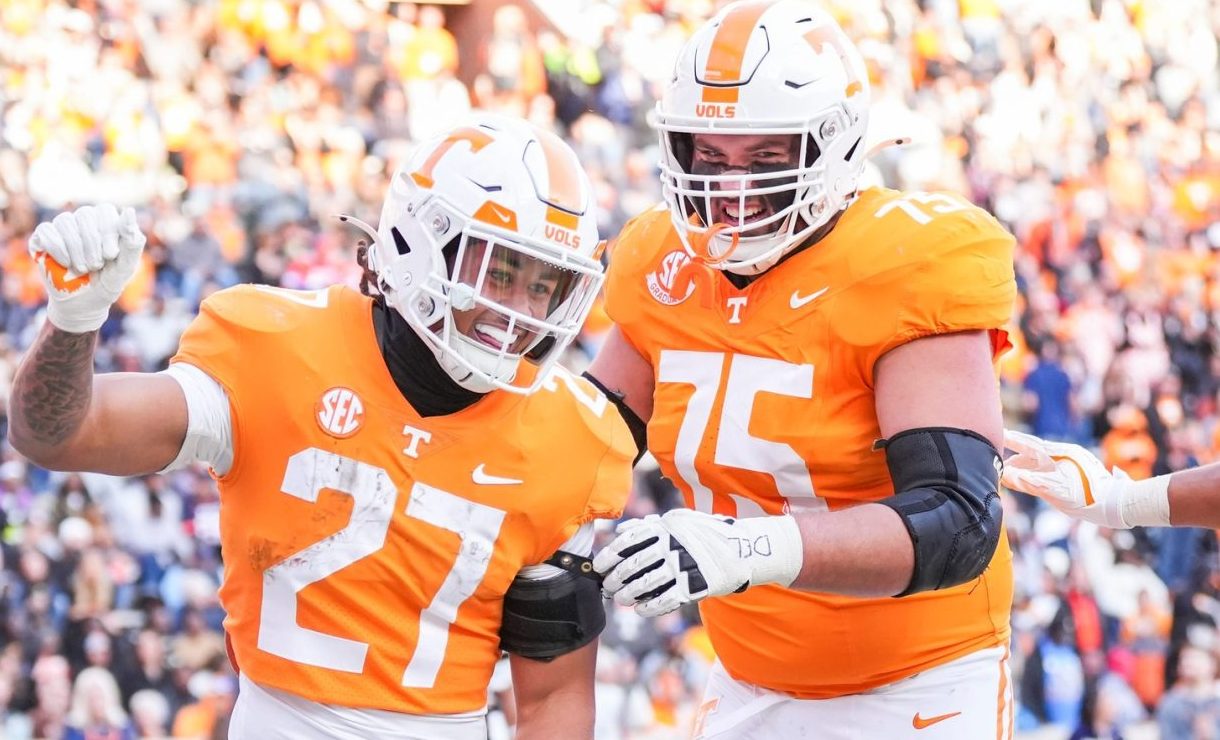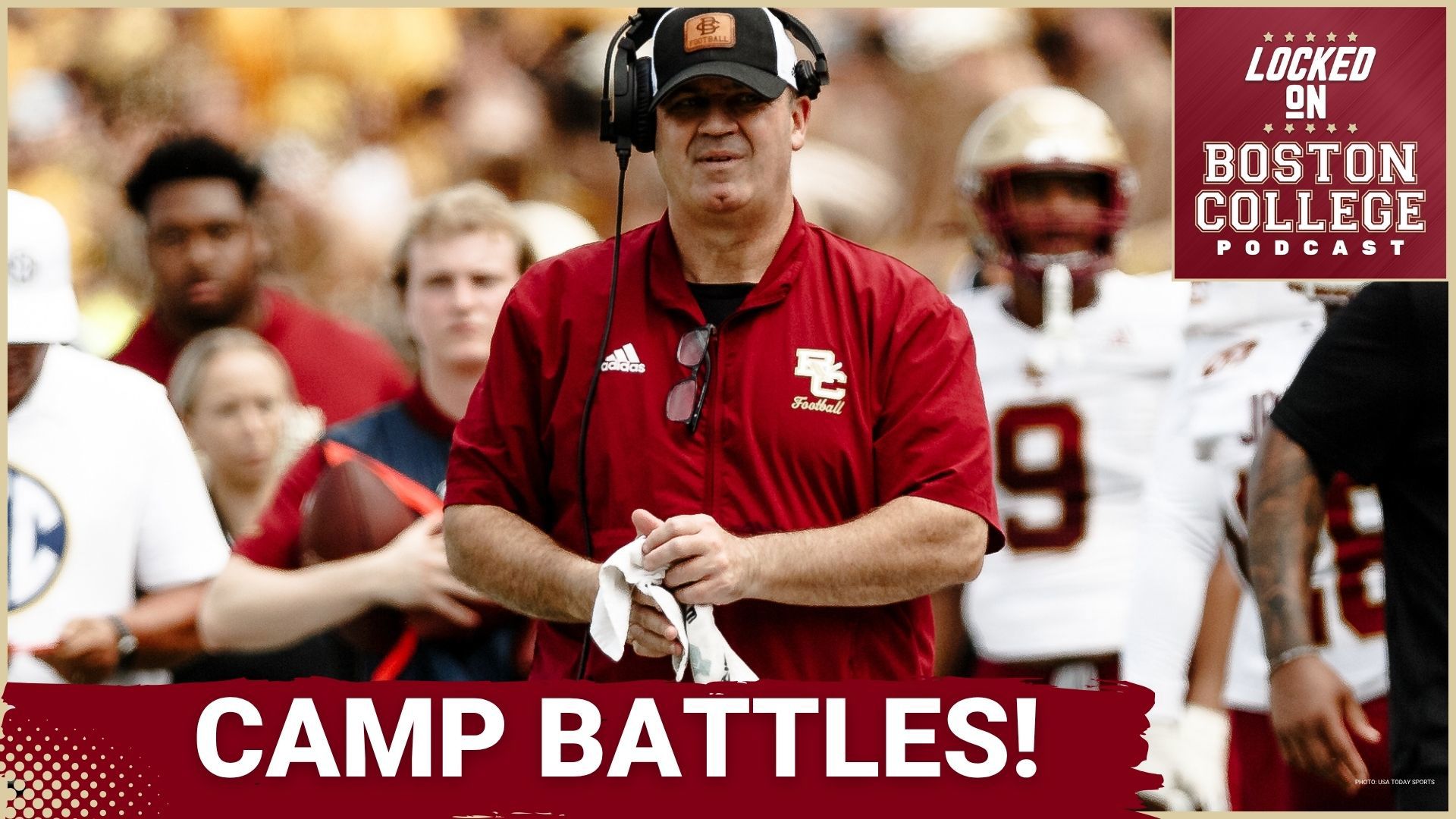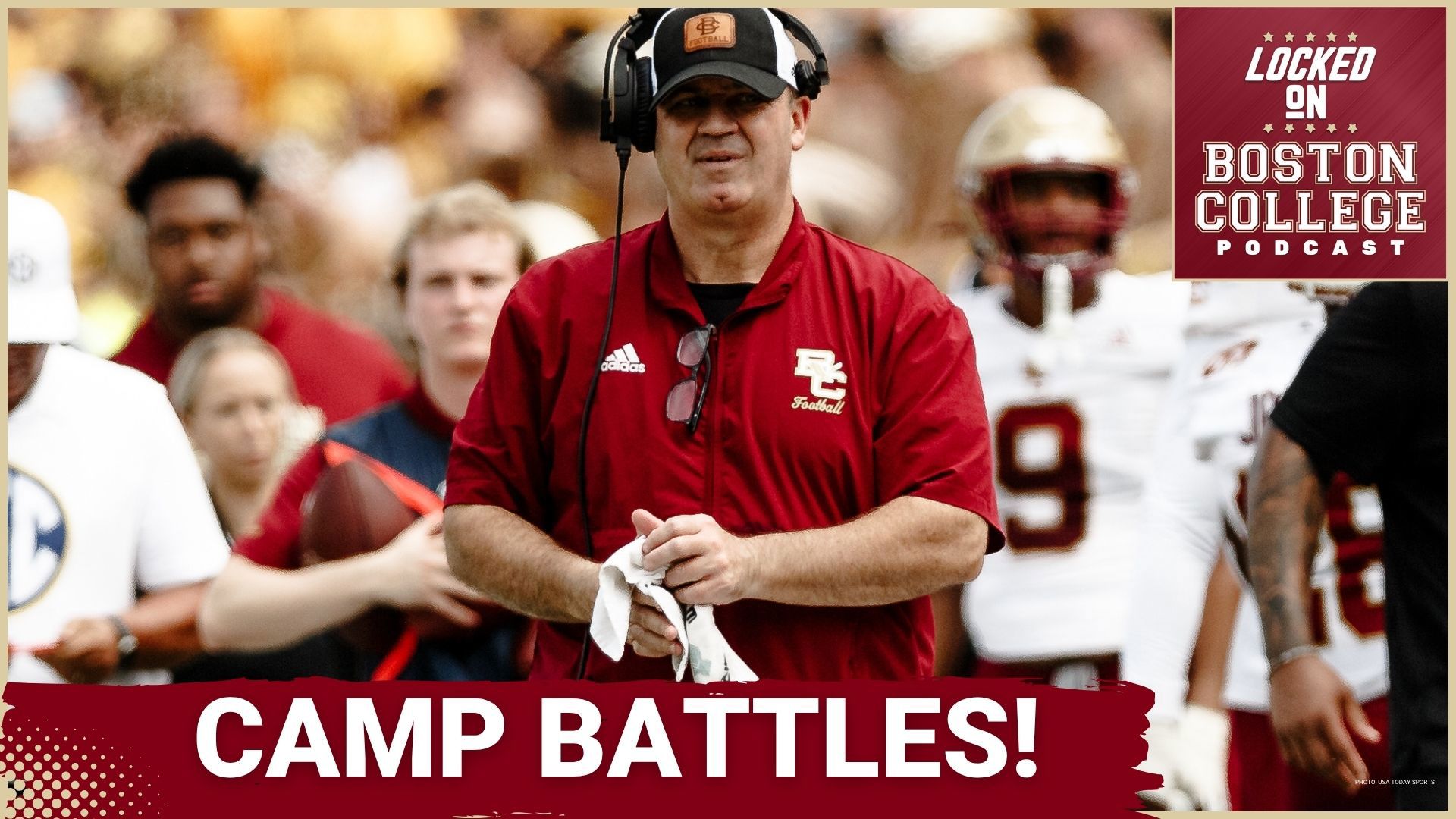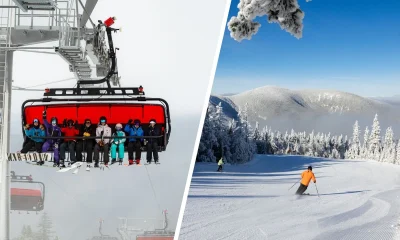RALEIGH, N.C. — With all the talk about revenue-sharing in college sports, front-loaded NIL packages, multi-million-dollar quarterbacks and looming Congressional involvement, all but overlooked has been the elephant in the room: Title IX.
The long-awaited House vs. NCAA settlement was to bring some parameters and guardrails to what often has been chaotic since 2021. A part of the settlement was that $2.8 billion be paid by the NCAA over the next 10 years to former athletes denied the chance to benefit financially from their name, image and likeness while playing in college.
But the $2.8 billion in back pay has been paused. The reason: Eight female athletes, including six from the College of Charleston, appealed that part of the settlement approved in a California court, saying it violates Title IX. That could just be the start, said Nora Lynn Finch, a former women’s coach and longtime athletic administrator at N.C. State and then the ACC.
“There is going to be a bombardment of Title IX complaints,” Finch said in an interview. “They’ll be coming from the athletes, they’ll be coming from coaches. And never rule out the women’s sports foundations. “From the time the House settlement was proposed and supported by the NCAA membership, right away women were saying, ‘You cannot get past Title IX.’ The House settlement puts us on a collision course.
“There’s no left or right turn now. It’s head-on.”
‘Interesting to watch’
Finch has a lengthy background in women’s sports and the fight for equity. She was an assistant women’s basketball coach under the late Kay Yow at N.C. State, then was NCSU’s chief women’s sports administrator as associate athletic director.
At the ACC, Finch served as senior associate commissioner/women’s basketball. She also chaired the NCAA Division I women’s basketball committee for eight years and negotiated the first national women’s basketball TV contract with CBS.
The appeal by the eight athletes was based on the claim that NCAA female athletes who played from 2016 to 2021 and are eligible for back damages would not be paid the same as football and men’s basketball players.
One of their attorneys said former female athletes should receive $1.1 billion of the back pay to prevent “irreparable harm” to women’s sports.
“This is a football and basketball damages settlement with no real benefit to female athletes,” attorney Ashlyn Hare said in a statement to the Associated Press. “Congress has expressly rejected efforts to exempt revenue-sharing sports from football and basketball from Title IX’s anti-discrimination mandate.”
A court decision on the athletes’ appeal could take months. It did not delay NCAA schools from cranking up revenue-sharing to their athletes — most of it to football and men’s basketball players — on July 1 as schools worked under the $20.5 million “salary cap” approved for this academic year.
Several schools are devoting about 75% or more of the revenue share from their athletic department funds to their football programs. Men’s basketball receives about 15%, women’s basketball 5% and all other sports 5%.
Can that kind of revenue breakdown pass muster without Title IX challenges?
“It’s going to be interesting to watch,” Finch said. “There’s going to be some heated discussions on the women’s side on this. I do believe Title IX is going to withstand this test, and it will be a test. I think it will stand. Boy, would that be some kind of mutiny if Title IX itself were to be diluted.
“How it’s going to be determined obviously is the question. What parts of the money itself does Title IX govern?”
That’s a question athletic directors must consider in planning, N.C. State’s Boo Corrigan said.
“It’s always there. It’s always in the front of your mind as far as what you’re going to do,” the Wolfpack AD said. “We’ve spent a lot of time since we’ve been here in leveling off all of our budgets.
“The tricky part is that right now universities are changing. There’s more and more women going to college than there are men. It’s making sure you’re keeping up with that in participation numbers and where are you. What we really look at is what are the experiences they’re having and are we on-point with what they’re doing.”
How does Title IX apply?
Title IX, a federal law since 1972, provides that “no person in the United States shall, on the basis of sex, be excluded from participation in, be denied the benefits of, or be subjected to discrimination under any education program or activity receiving Federal financial assistance.”
That covers a lot of bases and “denied the benefits” could be the part of Title IX that launches more legal action over revenue-sharing and money paid by third-part NIL collectives.
California judge Claudia Wilken, who ruled on the House settlement and took her time doing it, did not address Title IX ramifications in revenue sharing with athletes, saying the lawsuit was an antitrust case. She did rule the back damage payments were not subject to Title IX requirements — a decision that then was appealed to the Ninth Circuit Court of Appeals.
“She made it clear right from the beginning she wasn’t factoring in Title IX in her deliberations, (ruling) that’s a decision y’all (NCAA schools) have to deal with,” Finch said.
Presidential politics
In the final days of the Biden Administration, the Department of Education provided some guidance, saying paying athletes would fall under “athletic financial assistance” and would need to be split proportionately at schools.
In February 2025, the Office of Civil Rights issued a statement concerning Title IX implications for college revenue sharing. It said, in part: “Title IX says nothing about how revenue-generating athletics programs should allocate compensation among student athletes. The claim that Title IX forces schools and colleges to distribute student-athlete revenues proportionately based on gender equity considerations is sweeping and would require clear legal authority to support it. That does not exist.”
President Trump has since signed a “Save College Sports” executive order that prohibits pay-for-play payments from third parties to athletes. The executive order also calls for the “preservation and, where possible, expansion of opportunities for scholarships and collegiate athletic competition in women’s and non-revenue sports.”
Trump signed another executive order July 31 that expanded his council on sports that will be chaired by golfer Bryson DeChambeau. Trump said he wanted to clean up the “mess” in college football but also said he was concerned about women’s sports being “totally decimated” with much of the new revenue going to football programs.
“Very bad for women, very bad what’s happening,” Trump said. “Because now there are no women able to get the money they’re talking about. It seems to be going mostly to football, some basketball.”
Immediate implications
At Stephen F. Austin State University in Texas, six women’s athletes filed a class action lawsuit based on Title IX discrimination, seeking to keep the school from eliminating women’s bowling, beach volleyball and golf. The school, in announcing the cutbacks in May, had cited the “anticipated impact” of revenue sharing in Division I.
A U.S. District Judge ruled in favor of the athletes, ordering the school to reinstate the women’s sports teams.
ACC commissioner Jim Phillips said at the league’s football kickoff event in Charlotte that Title IX concerns — and potential lawsuits — are an issue that can’t and won’t be overlooked.
“You have to be paying attention to that,” Phillips said. “We talk about it often with our athletic directors and senior women’s administrators and university officials. At the end of the day these end up being local decisions, meaning they’re campus-driven, and ultimately it’s what the campus wants to do.
“But we’re trying to educate our constituents, trying to make sure that they have the information necessary to make good decisions and judgment about what they’re going to do. And I’ve been pleased with what I’ve heard,” he said. “Now, I don’t know what everybody’s doing, because it’s happening so fast, but this league has been so committed for 73 years to broad-based programming like no other, with 15 women’s sports and 13 male sports, that I’m sure people are looking to the ACC to see how we’re handling it. I’ve talked to the other commissioners about it. So there’s been lots of conversation, but you just don’t know until you get into it.”
Early NIL gains
It’s not that women playing college sports have been denied NIL-related benefits. ESPN reported Texas Tech softball pitcher NiJaree Canady was given a $1 million contract by the school’s collective, The Matador Club, last year after she transferred from Stanford.
Several female athletes are combining strong athletic performance and strong social-media brands to earn big bucks.
Livvy Dunne, a gymnast at LSU, had an NIL valuation of more than $4 million last year driven by her social-media presence and influence, according to On3 rankings.
Former N.C. State sensation Katelyn Tuohy, who starred for the Pack in cross country and track, was the first college female athlete to sign an NIL deal with a major shoe company when she agreed on a contract with Adidas in 2023. Emily Cole, a former track and field star at Duke, was a bit of an NIL forerunner. She leveraged her large social media following into NIL deals with H&R Block, Family Dollar and others in 2022.
Cole, in a 2022 News & Observer interview, said she hoped her NIL success would “change the path for a bunch of future female athletes to come and have more opportunities whenever they compete than I did.”
Finch, who retired from the ACC in 2019, said there was “no way to predict what our government will do next” or how the courts would interpret the law or rule on the appeal on back damages.
“My hope is that Title IX is a driving factor in institutions’ decisions to pay whatever, through collectives or university booster clubs, to ensure women are appropriately allowed access (to revenue),” Finch said. “What I’m concerned about is there have been so many road blocks to the advancement of women in sports over time.
“Title IX still has a place. … We’re on a real upswing right now in women’s sports. Please don’t try to knock it down.”
©2025 Raleigh News & Observer. Visit newsobserver.com. Distributed by Tribune Content Agency, LLC.
Success! An email has been sent to with a link to confirm list signup.
Error! There was an error processing your request.

